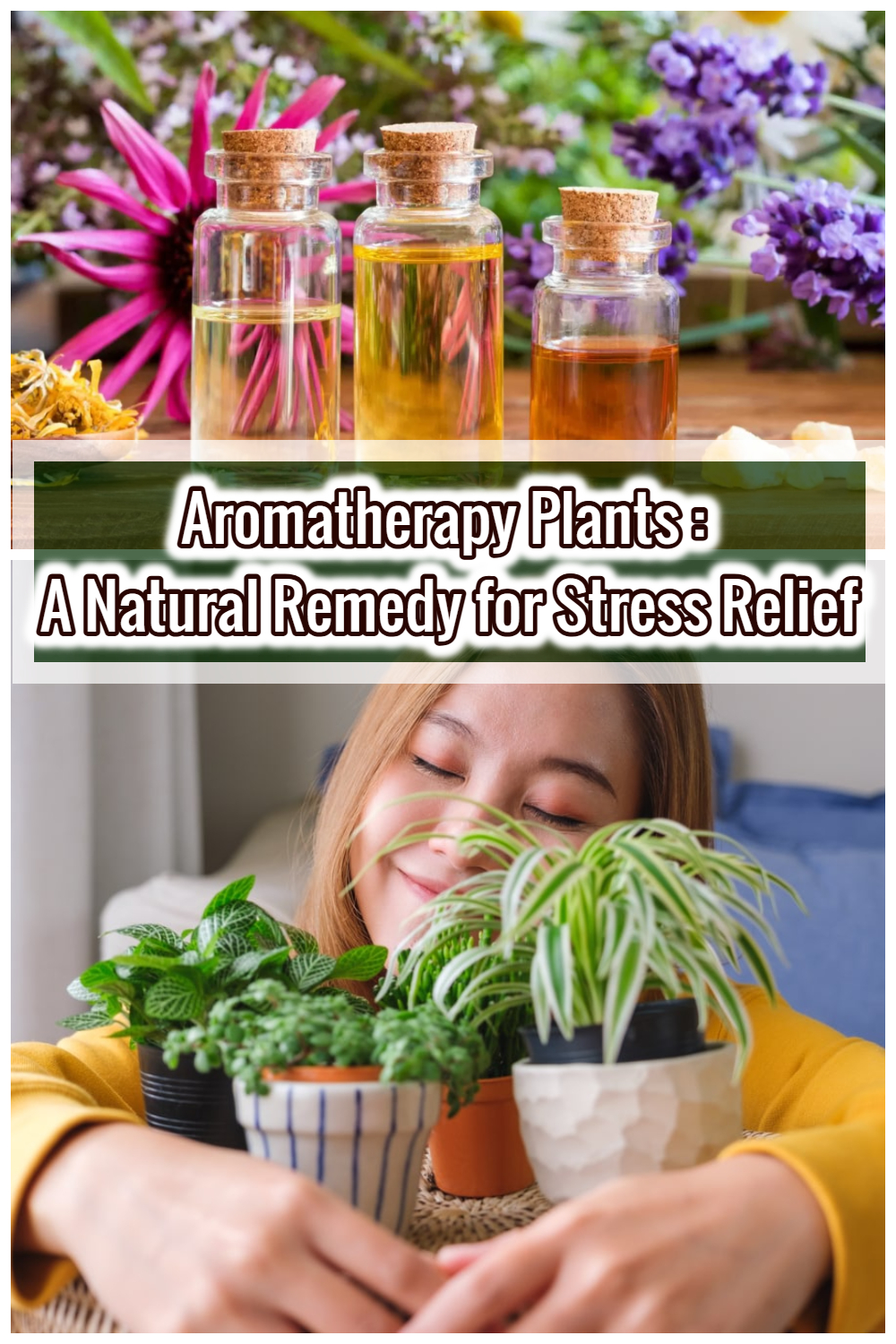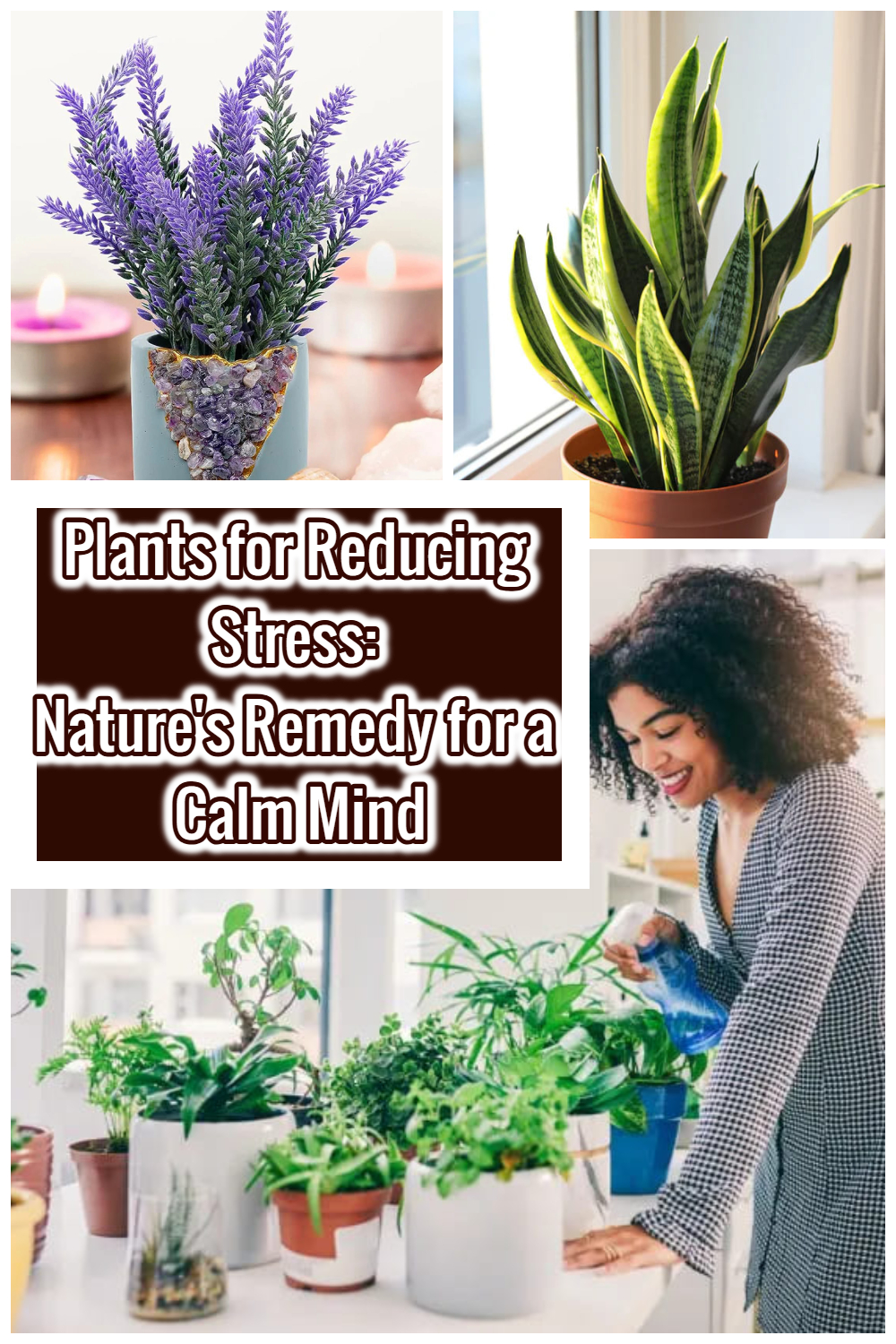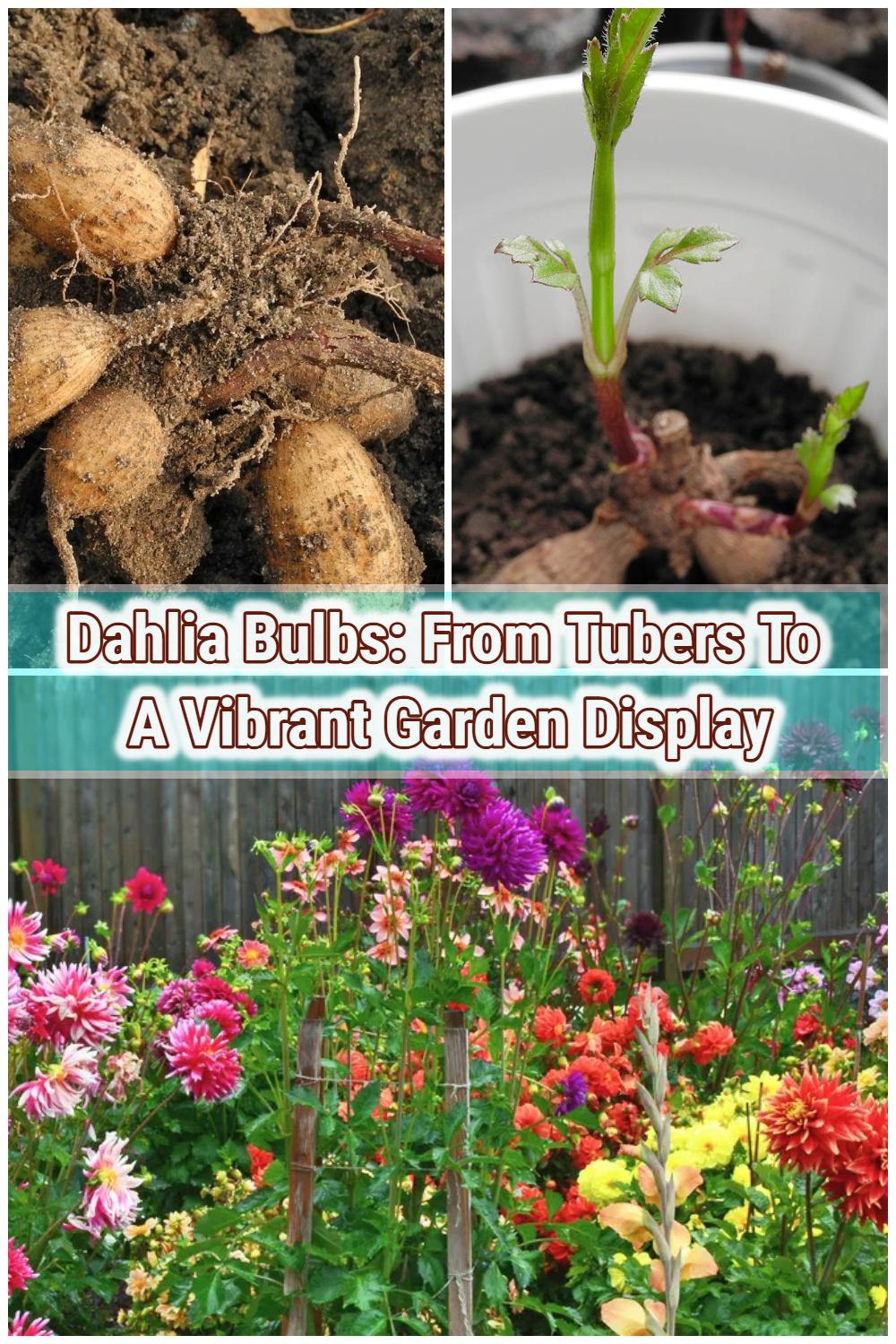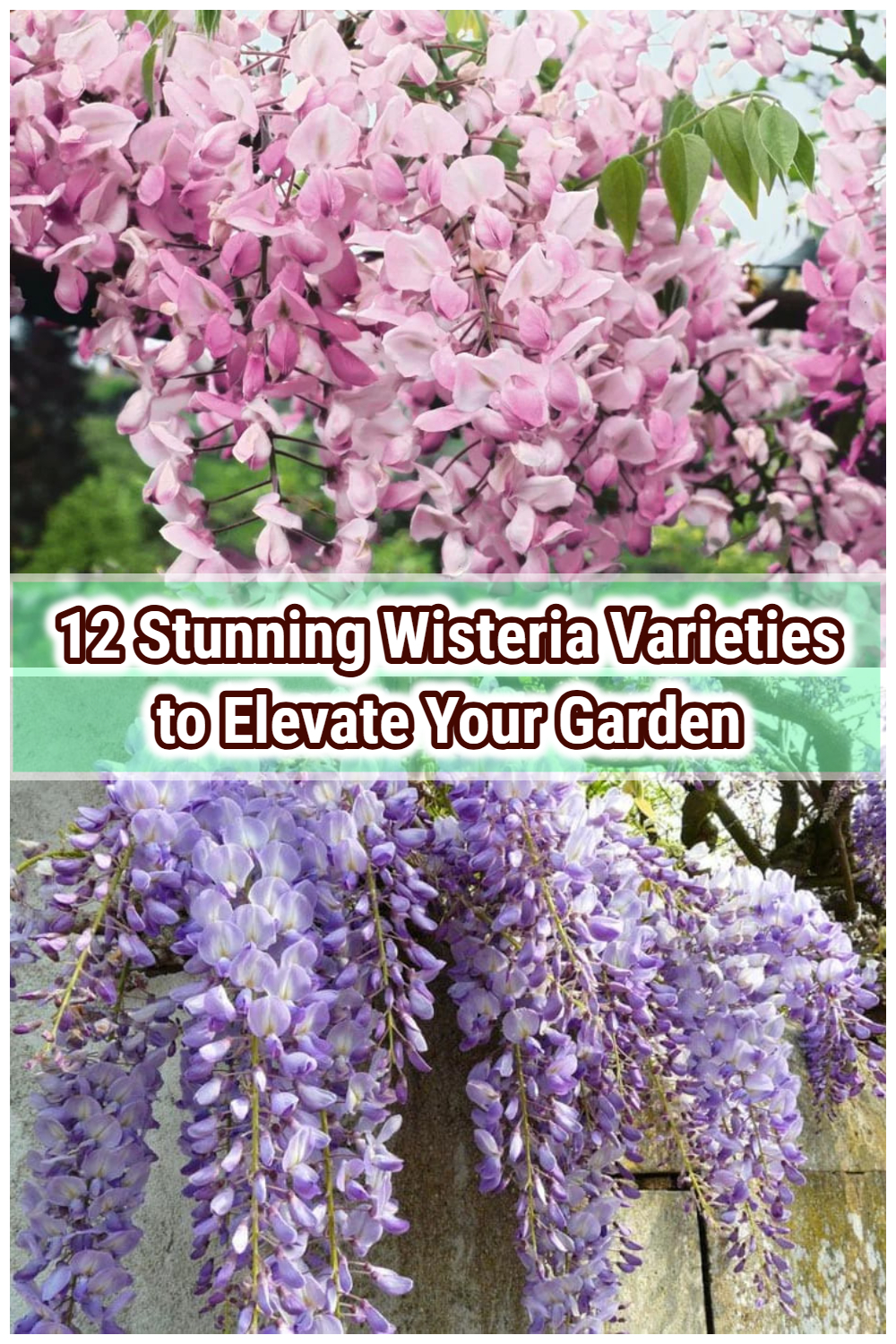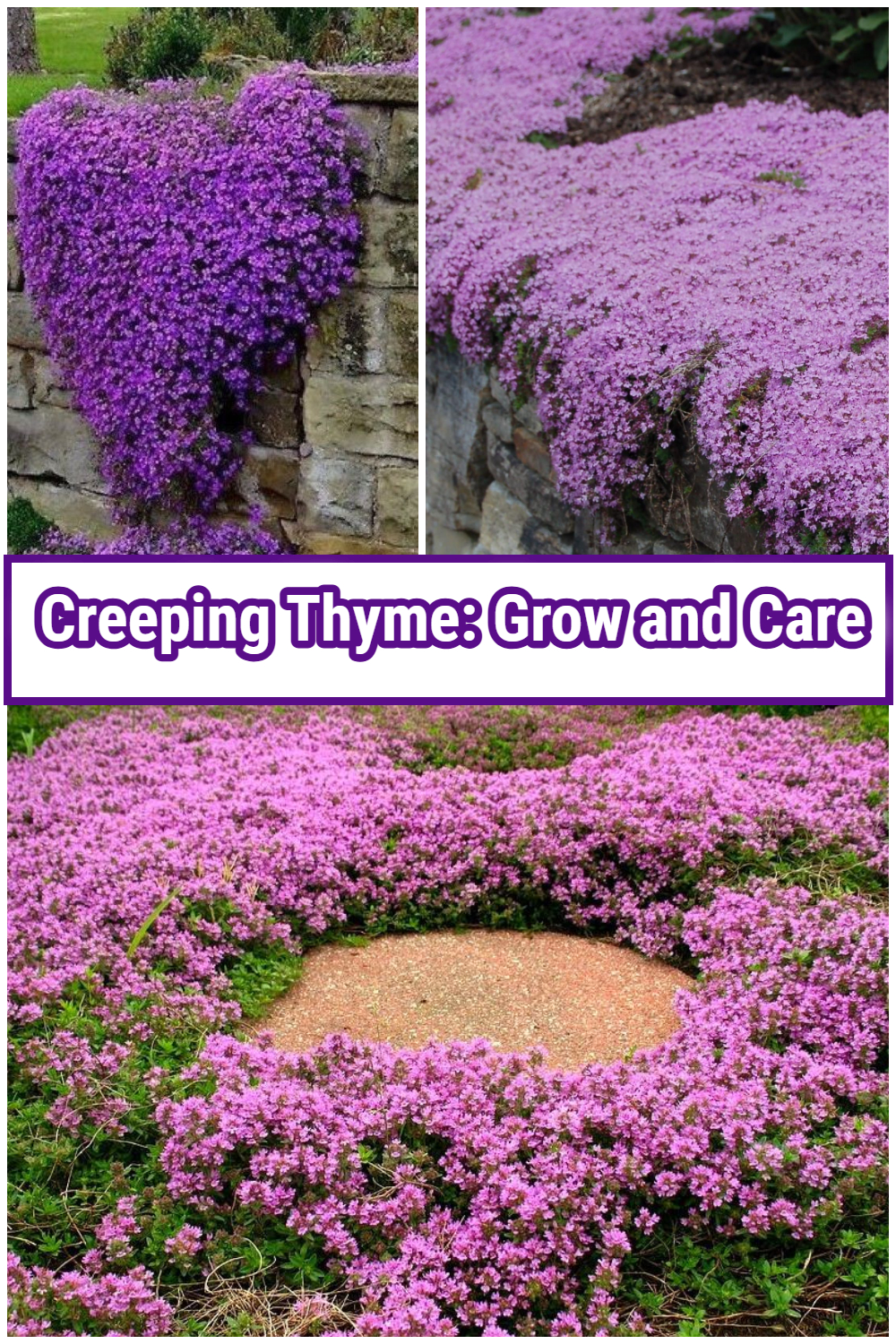Some plants offer more than just an exciting addition to your surroundings. They help remove toxins in the air, promoting a healthier living environment. Moreover, some aromatic plants produce soothing scents, which can transform your mood and melt away stress in minutes. Their derived essential oils have calming and mood-boosting benefits, making them an excellent ingredient in aromatherapy.
This article explores the 9 best aromatherapy plants for relaxation, including their benefits, uses, and tips for incorporating them into your daily life. Whether you’re looking to reduce stress, improve your sleep, or simply create a calmer, more peaceful lifestyle, these plants can help.
The Science Behind Aromatherapy and Relaxation
Aromatherapy plants offer a range of benefits for both physical and emotional well-being. Aromatherapy works by harnessing the power of essential oils, which interact with the limbic system – —the brain’s emotional center – to reduce stress. For example, compounds like linalool in lavender and chamazulene in chamomile help lower cortisol levels – the hormone associated with stress, promoting a sense of calmness and relaxation. Or, the scents produced by jasmine and sandalwood can improve sleep quality by calming the nervous system.
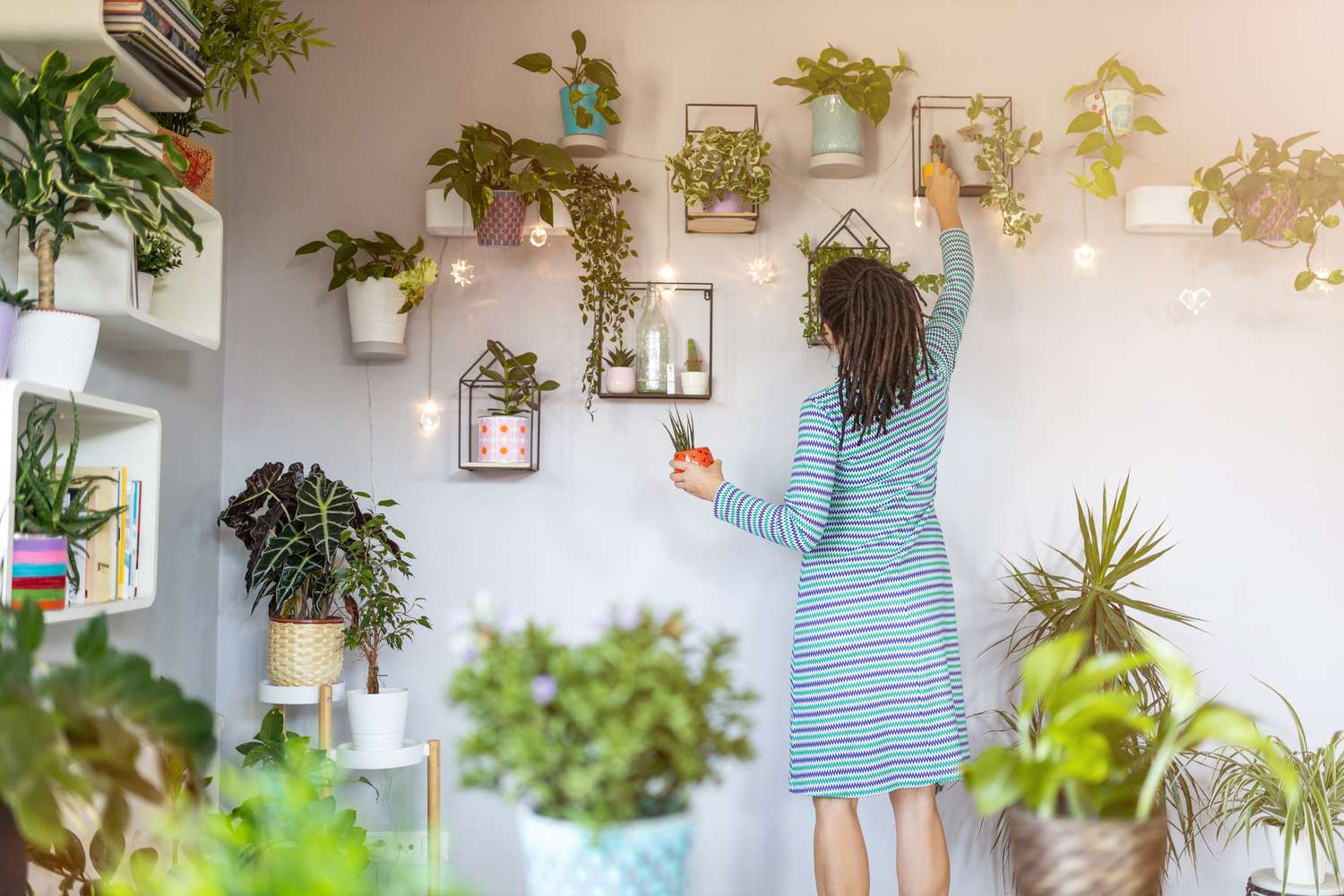
Unlike synthetic fragrances, plant-based aromatherapy offers a holistic, chemical-free approach to relaxation, with fewer side effects. However, safety is key. Those who are on medication or have any underlying conditions should consult a healthcare professional before using aromatherapy.
Best Aromatherapy Plants for Relaxation
1. Lavender
Lavender is the most popular plant used in aromatherapy. This beautiful plant contains linalool and linalyl acetate, which produces a soothing scent with sedative and calming effects. This scent has been shown to reduce anxiety, lower heart rate, and improve sleep quality. Lavender can be used as an essential oil in a diffuser, a main ingredient in herbal teas, or dried flower sachets placed under a pillow for restful sleep.
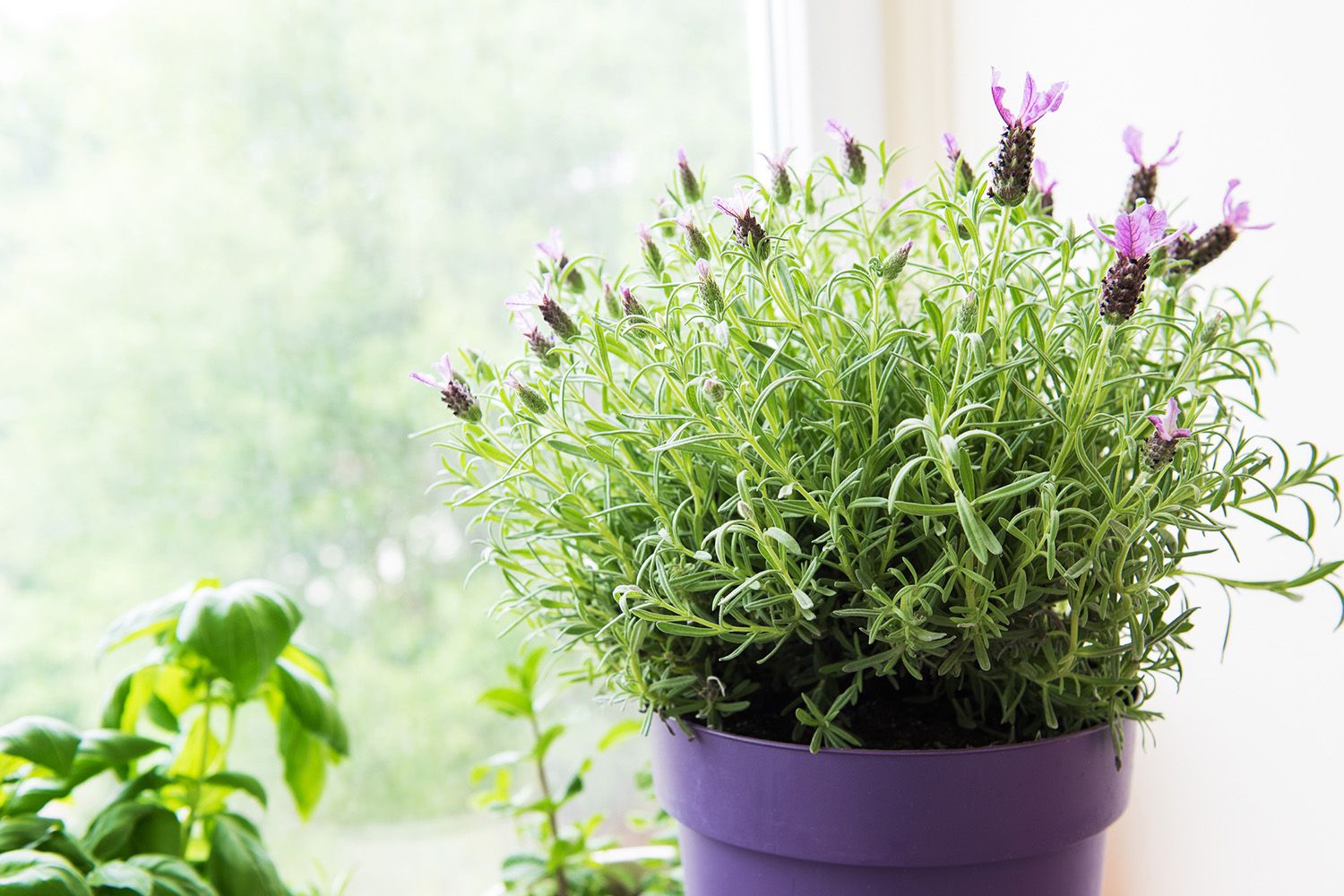
2. Chamomile
Chamomile is famous for its gentle and soothing aroma, which helps relieve stress and tension. It contains bisabolol and chamazulene, offering anti-inflammatory and relaxing properties. Chamomile tea is a popular bedtime remedy, and its essential oil can be added to bathwater or diffused to create a tranquil atmosphere.
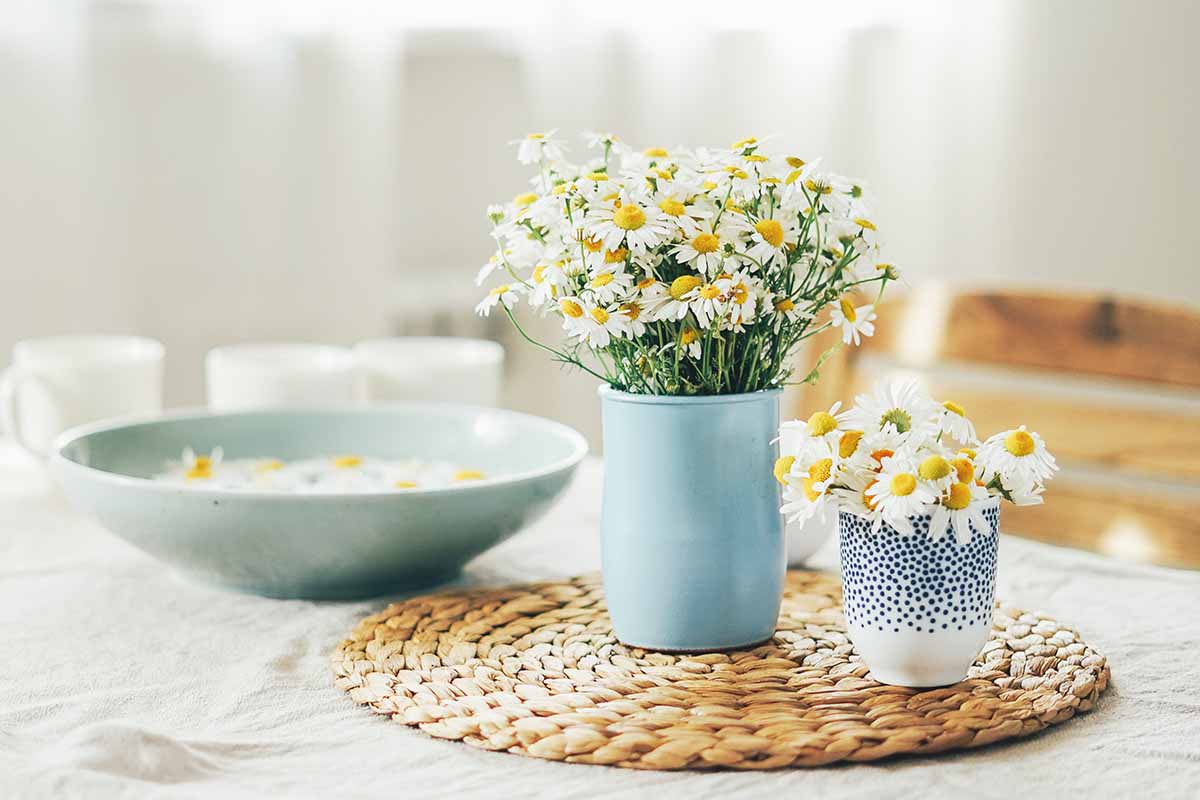
3. Peppermint
Peppermint is distinguished by its invigorating scent with cooling properties. This refreshing plant relieves stress and tension headaches, promoting a sense of relaxation while keeping the mind refreshed. Inhaling peppermint essential oil or sipping a cup of warm peppermint tea can provide instant relief.
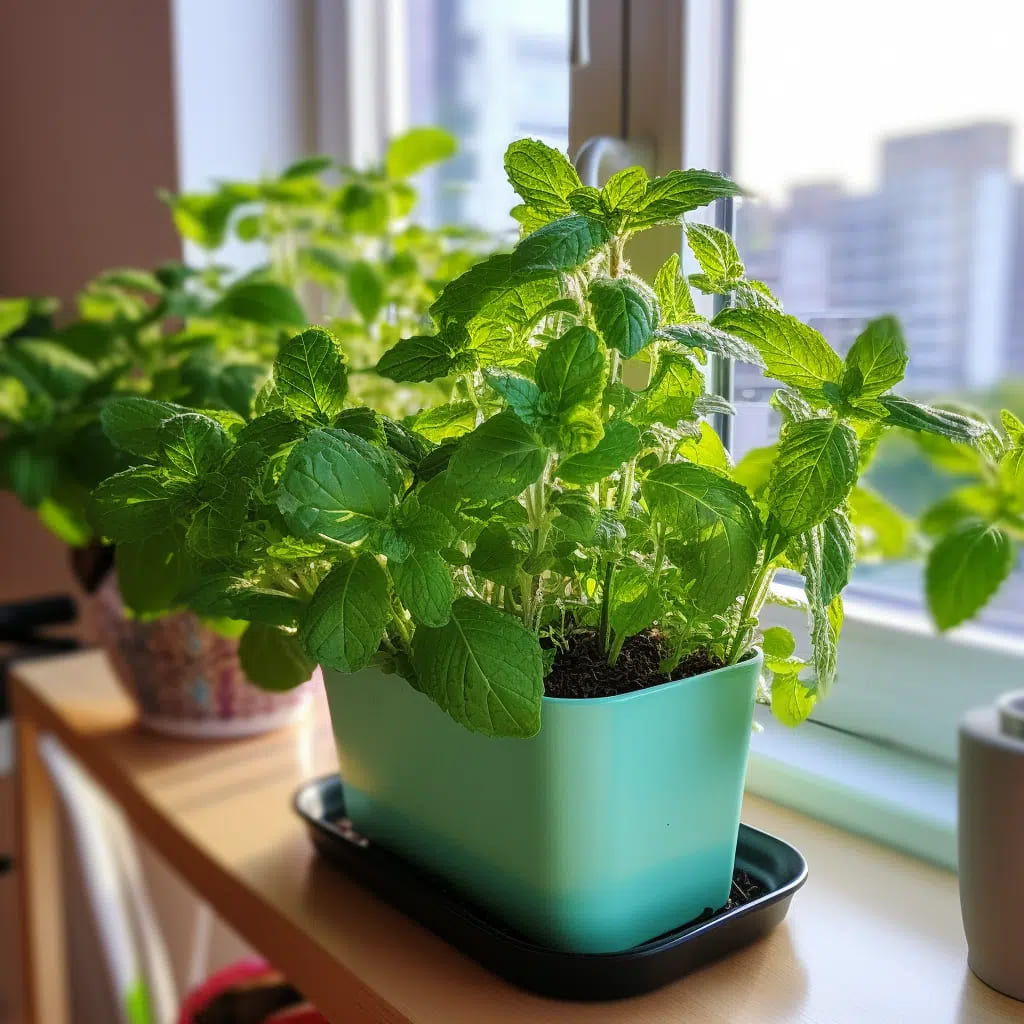
4. Jasmine
Jasmine emits benzyl acetate, an uplifting yet relaxing scent that offers a dual benefit of relaxation and positivity, from alleviating anxiety to improving mood to promoting restful sleep. Growing jasmine indoors or using its essential oil in a diffuser or bath can create a refreshing atmosphere.
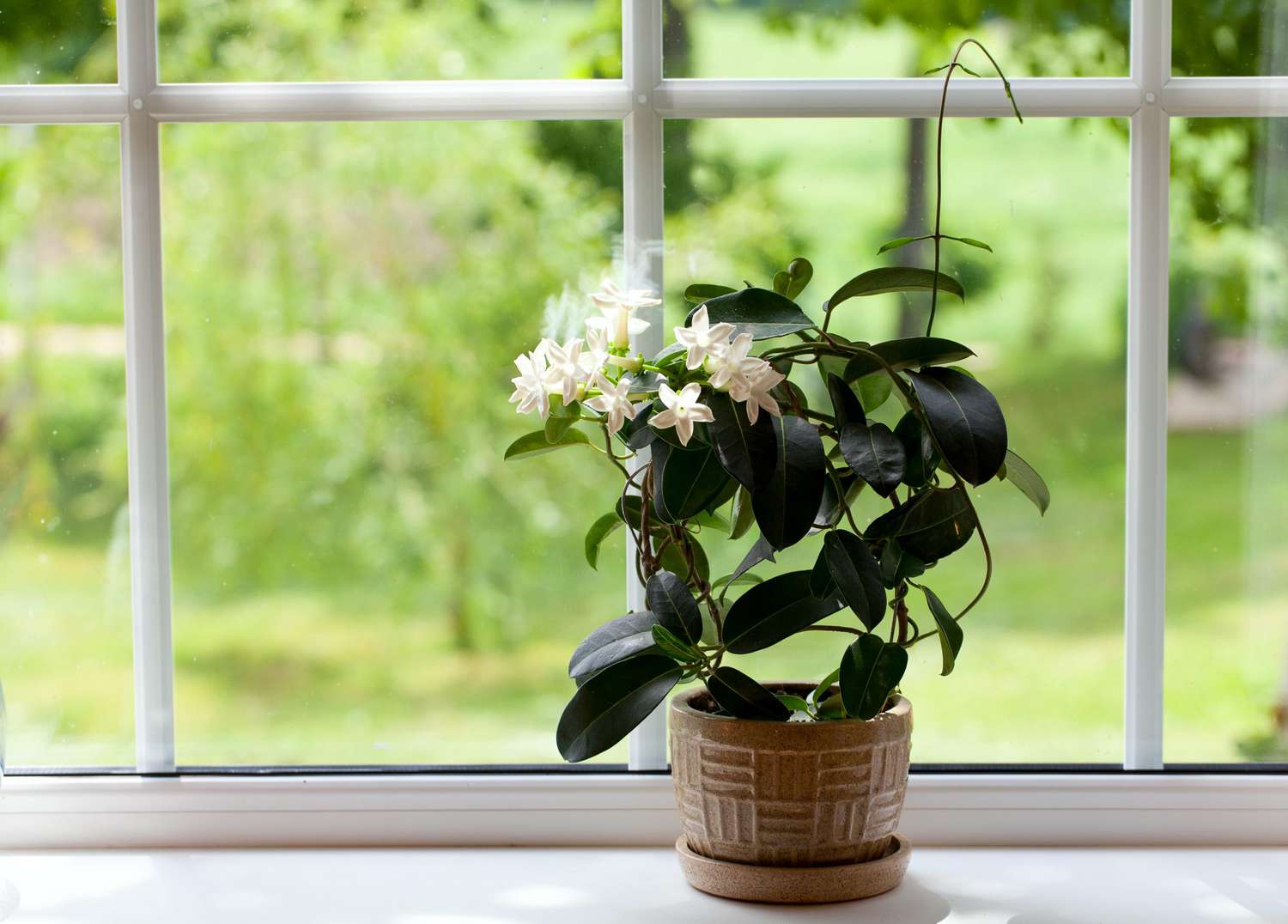
5. Rosemary
Beyond its culinary uses, rosemary offers relaxing properties, which alleviate stress and anxiety. Adding rosemary sprigs to a warm bath or using its essential oil in a diffuser can create a calming yet stimulating environment. Moreover, rosemary can improve memory and concentration, making it perfect for workspaces or study areas, promoting focus and mental clarity.
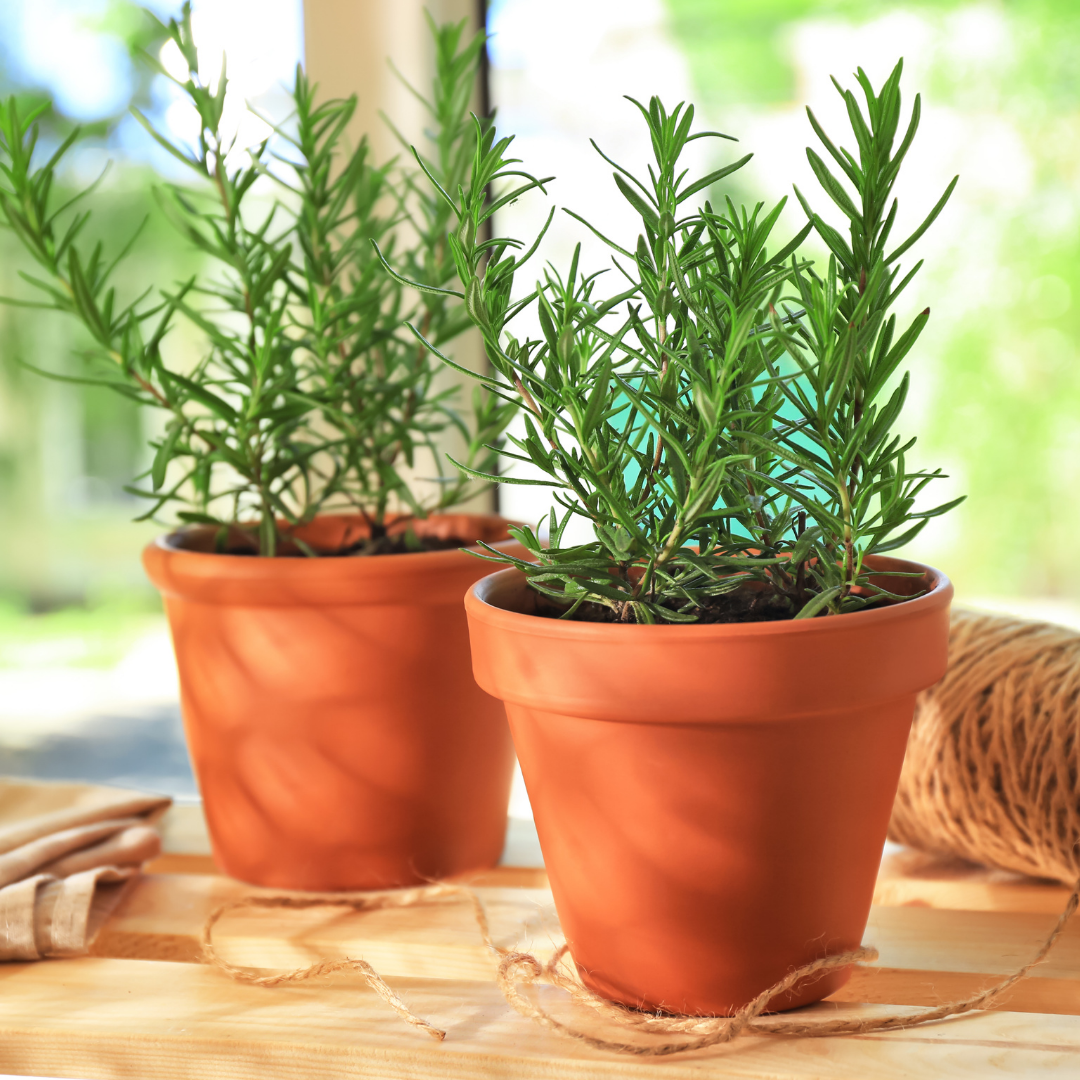
6. Lemongrass
Lemongrass stands out for its citrusy aroma, which offers stimulating and calming properties, making it ideal for reducing stress and promoting relaxation. Lemongrass is often used in teas or as an essential oil, providing a refreshing and uplifting experience.
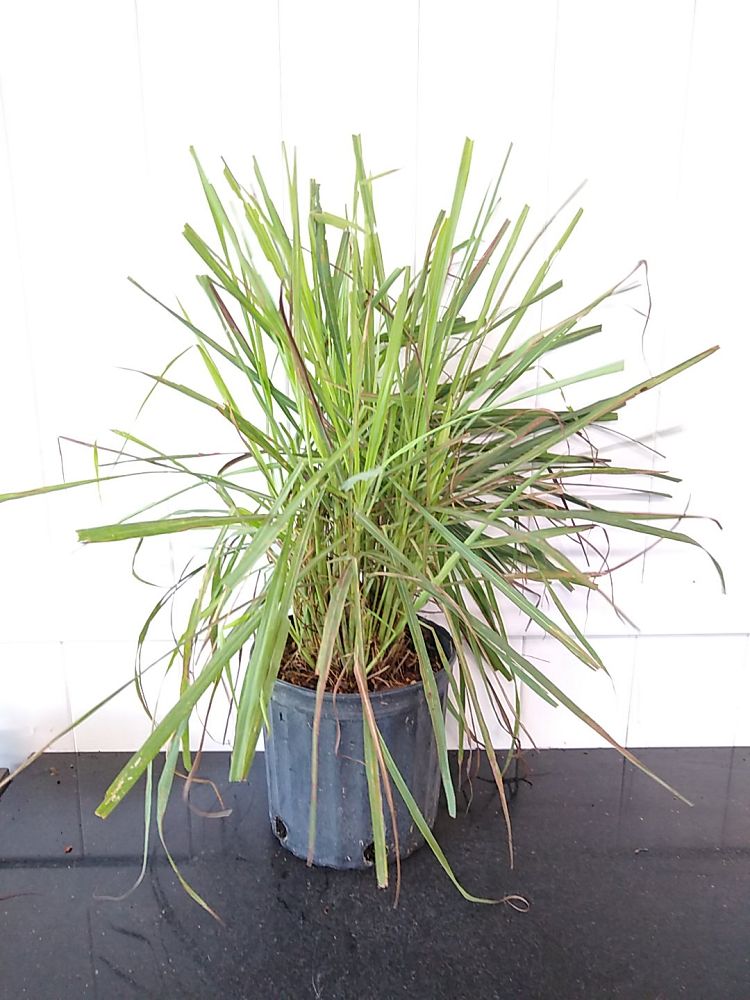
7. Eucalyptus
Eucalyptus emits a refreshing and cleansing scent that promotes deep breathing and relaxation. It is often used to clear the sinuses and reduce mental fog. Hanging eucalyptus leaves in the shower for a natural steam inhalation, or using its essential oil in a diffuser can freshen the air and ease stress.
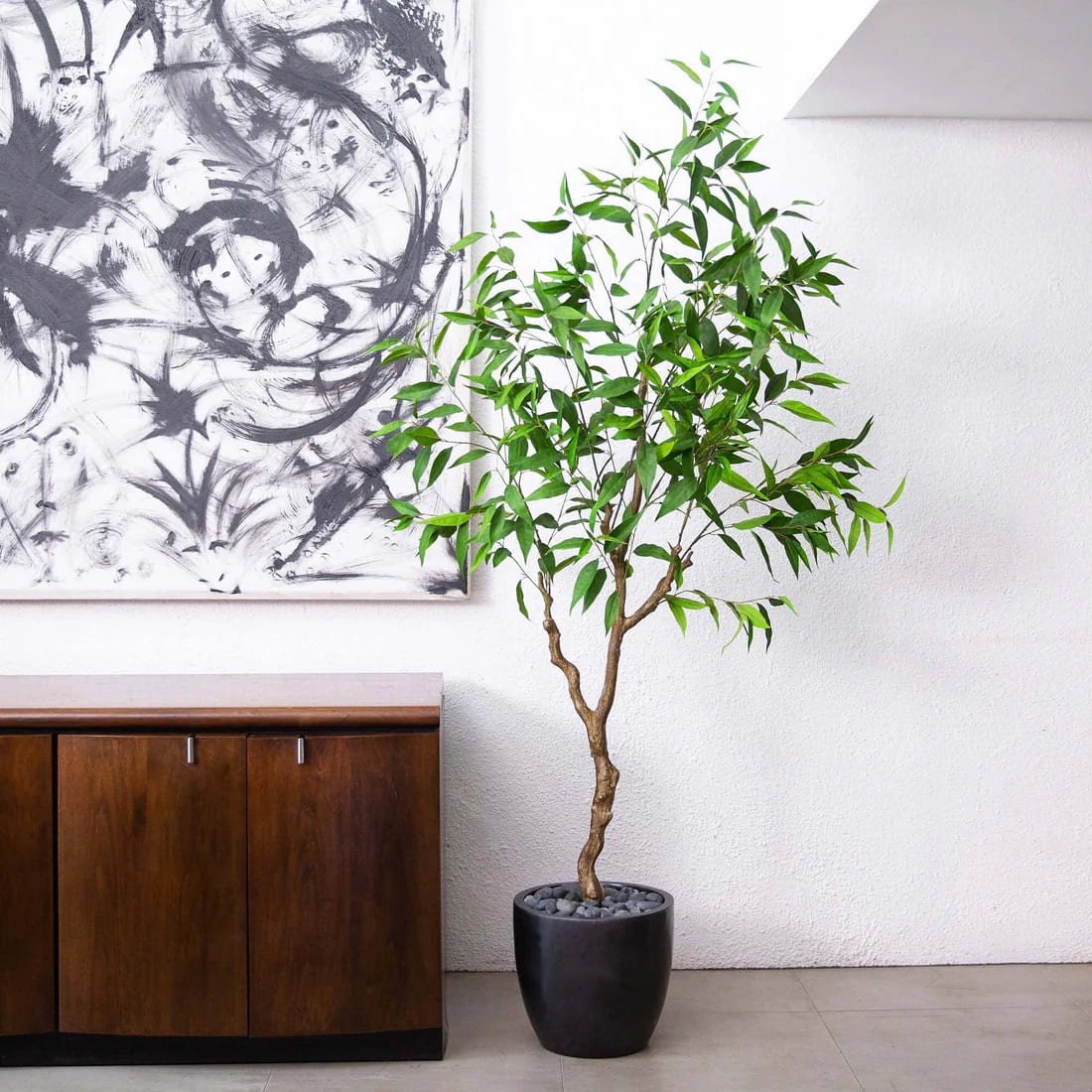
8. Sandalwood
Sandalwood is well-known for its woody fragrance, helping relieve anxiety and promote inner peace. It’s commonly used in incense or candles to create a tranquil and grounding atmosphere.
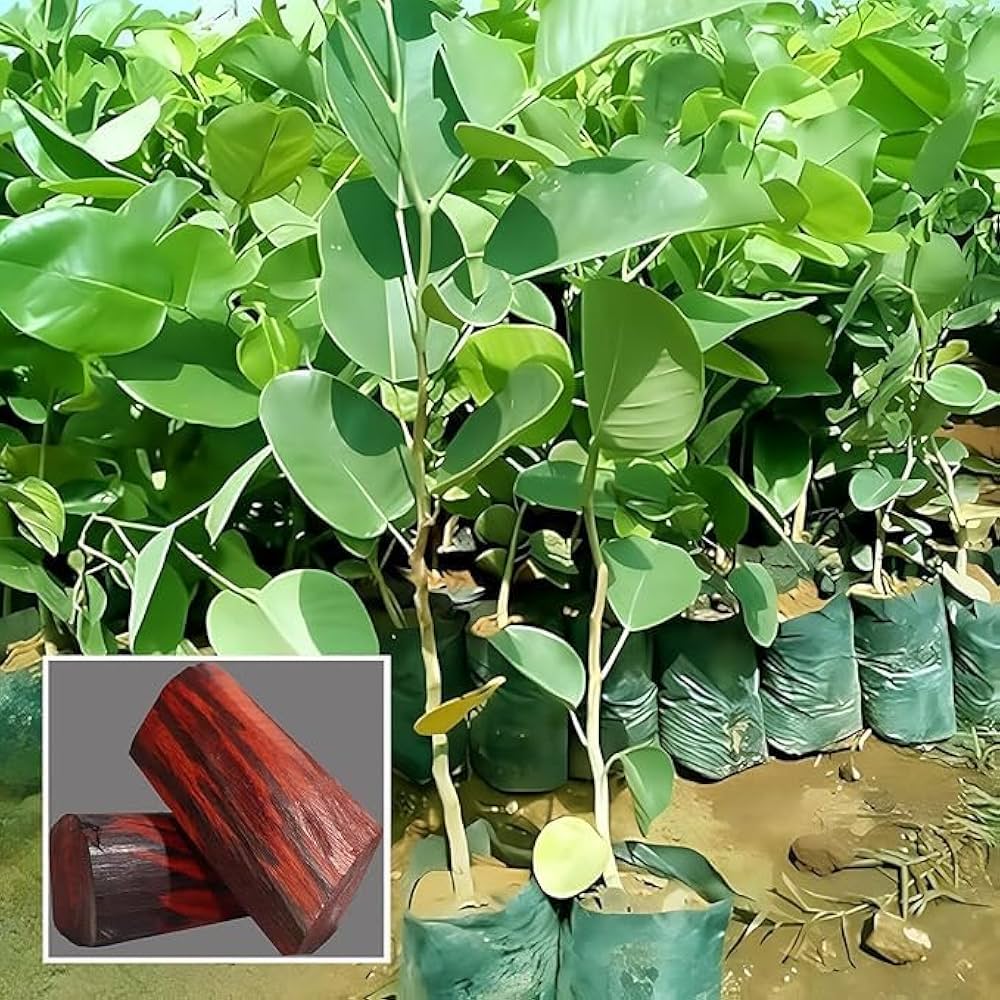
9. Lemon Balm
Like lemongrass, lemon balm offers a citrusy scent, but a bit milder. This herbal plant has been used for centuries to reduce nervous tension and promote relaxation. A cup of lemon balm tea or massage using lemon balm essential oil can help soothe anxiety and encourage better sleep.
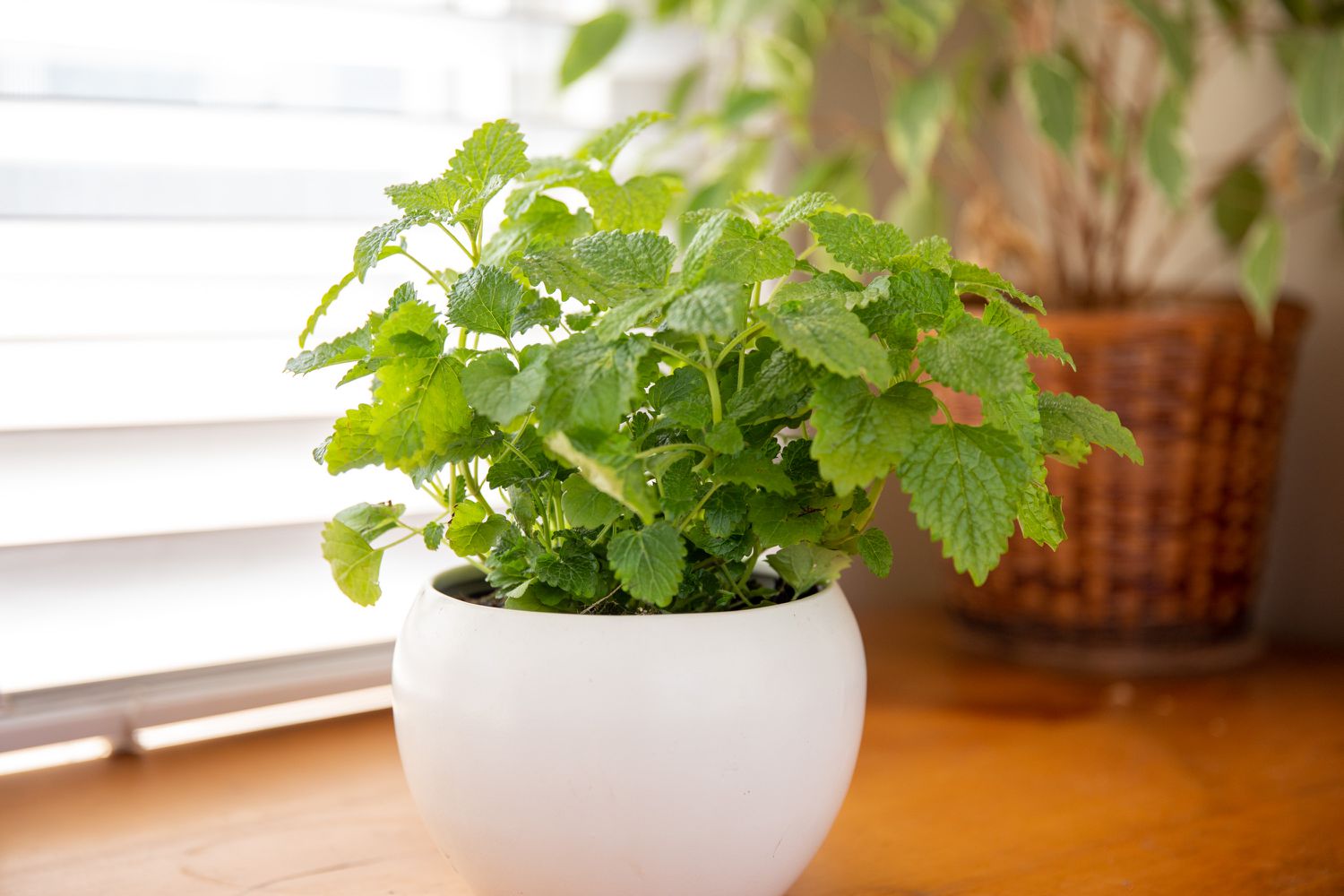
How to Use Aromatherapy Plants for Relaxation
Incorporating aromatherapy plants into your daily routine is simple and enjoyable. Here are several ways:
- Essential oils: Extract oils from plants like lavender, mint, or rosemary for diffusers and massages.
- Add to baths and showers: Hanging fresh plant sprigs in the shower or placing a few drops of essential oils in a warm bath can create a soothing steam effect.
- Teas: Sipping a cup of chamomile or lemongrass tea can make you relaxed. Herbal teas can be a soothing way to unwind and de-stress.
- Create an aromatherapy garden: You can build your aromatherapy garden with relaxation-inducing plants like lavender, chamomile, and peppermint. Harvest them for teas, sachets, or fresh bouquets.
- Use in home décor: Dry your herbs like rosemary or lavender and hang them in your living space. Or you can create small sachets for drawers and closets with these dried aromatherapy plants.
- Make DIY aromatherapy blends: Mix essential oils to create personalized relaxation blends. For example, the mix of lavender and chamomile oils can offer calming effects.
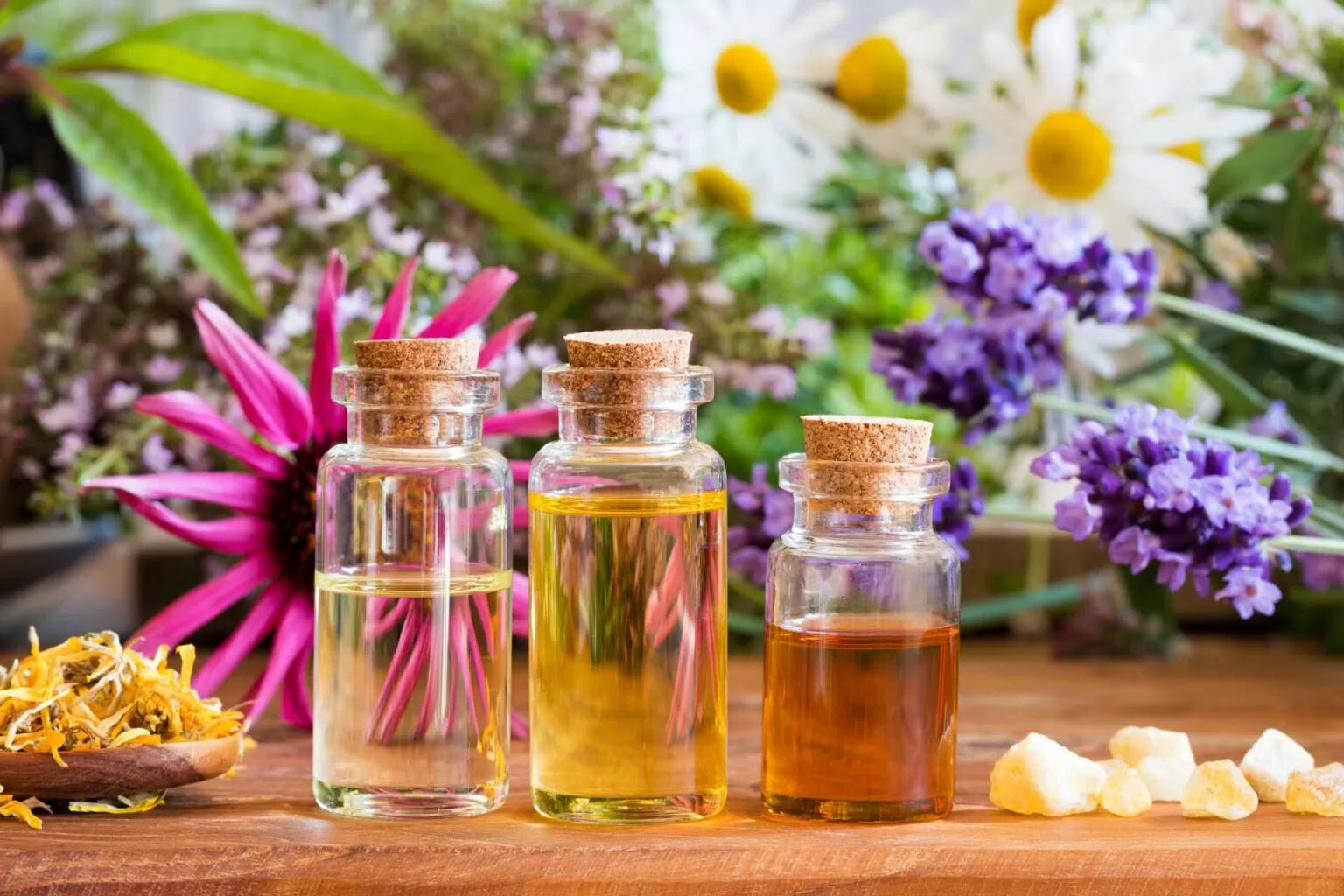
Precautions and Tips
While aromatherapy is generally safe, it’s essential to use essential oils and plant extracts properly:
- Safety: Choose pure, high-quality essential oils from reputable sources. Store them in a cool, dark place to maintain their potency.
- Dilution: Always dilute essential oils before applying them to the skin to avoid irritation.
- Allergies: Do a patch test before widespread use to check for allergies or sensitivities.
- Pregnancy and breast-feeding: Consult with a healthcare professional before using essential oils during pregnancy or breastfeeding.
- Medical conditions: Those with respiratory conditions should discuss potential interactions with medications with their doctors.
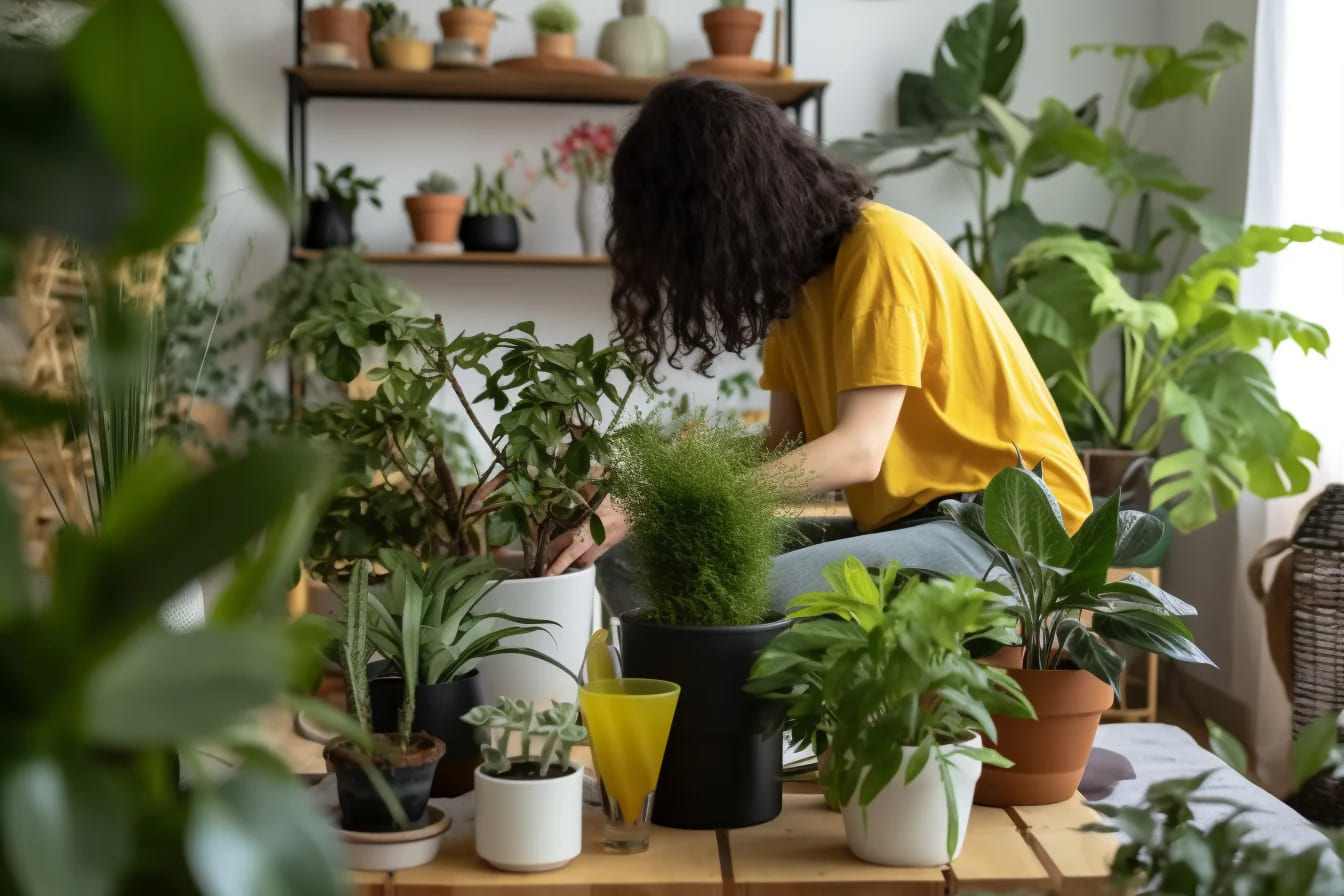
Conclusion
Aromatherapy plants offer a simple yet effective way to relax, reduce stress, and improve overall well-being. As these plants are available in multiple forms, including teas, essential oils, fresh plants, or herbal sachets, it’s easy to incorporate them into daily life. Give it a try to create a peaceful and calming atmosphere.
